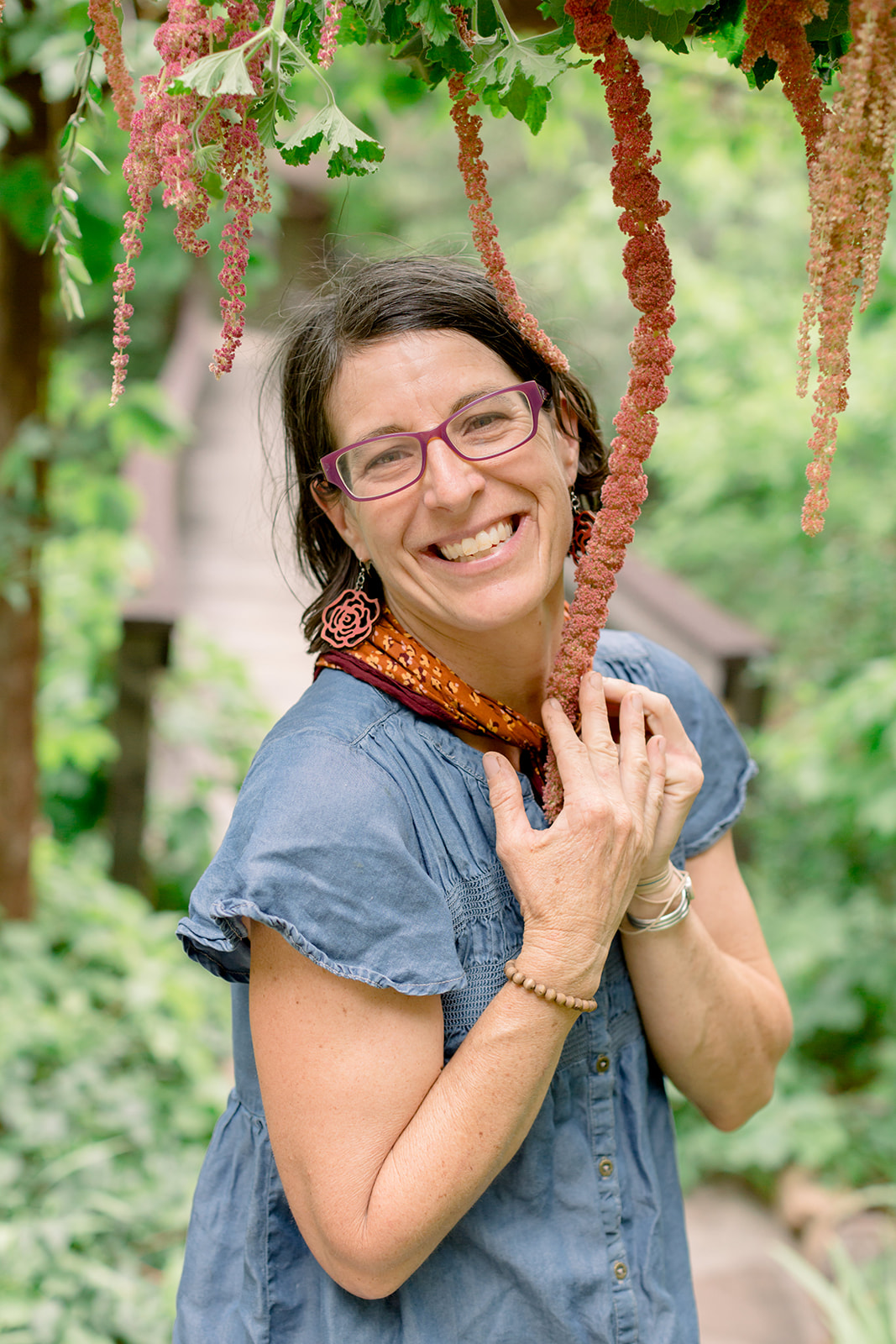As our mountain summer dances with autumn, I cling to the fleeting glory of the rain-soaked San Francisco Peaks. I revel in the details—of lichen, flower petals and recently, the taxonomy of fungi. One day spent crawling around the forest studying mushrooms opens a fantasy world not unlike the one Alice found in Wonderland.
Smoking cup mushrooms command the bulk of my awe. These delicate, slippery craters have a fondness for rotting logs and resemble a creature from a coral reef. If you blow gently over them, seconds later a puff of spores emerge from the cup as if a fairy just exhaled a drag on a cigarette. It is impossible not to be captivated by this nifty spore dispersal mechanism.
With each excursion to the mountain it was also impossible not to notice the large machinery scraping the earth to build a pipeline for 100 million gallons of reclaimed water each season to travel up the mountain and be made into snow. It was impossible to ignore the trees that were being torn from the slopes for new ski runs. It was impossible to overlook the circle of people who were gathered in prayer and opposition to these actions. Three months and 26 arrests later, their vigil continues as does the destruction and debate that divides our community.
As I hiked away from the trailhead, high-pitched singing and the steady beating of drums from the protesters replaced the din from the construction. Then it was just the wind and the hum of bees as they went about their business pollinating the penstemon and Lambert’s locoweed.
Immersing myself in the thrill of my mushroom hunt allowed me to overlook the devastation for a moment. But the finality of these actions is sinking in. The Peaks are sacred to at least 13 Native American tribes—home to deities and spirit beings. People have considered this place holy for centuries. It should be entitled to reverence and respect. But the dominant culture cannot balance economics with the natural world or the sacred. In an era of unprecedented challenges, we neglect to develop new alternatives for living in a world with finite resources.
Last week I harvested a small crop of apples from a tree my husband and I planted in memory of John Wahl. John was a downtown Flagstaff fixture for decades, and rented a tiny studio apartment in our back yard. You might remember him from the reference desk at the public library, or from behind a card table distributing information about war tax resistance in Heritage Square. He made headlines when he was arrested for locking himself to a bike rack during an Iraq war protest outside Rick Renzi’s office. John donated his vehicle to the Sierra Club. Every summer he took long walks from Cottage Avenue to the Peaks with a backpack and a walking stick, disappearing into the mountain for days.
John Wahl ended his own life on July 24, 2003, after he lost a long battle with depression. He left behind a legacy of tireless work for justice and peace in Flagstaff and beyond. If he were alive today he would be typing letters to the editor and chained to the equipment on the Peaks in protest. Almost a decade after his death, the loss of his fierce spirit is compound by the losing battle to protect the San Francisco Peaks.
I just returned from a visit to my Vermont homeland where I hiked up a small mountain in a fern-dominated forest thick with birch trees. My 8-year-old nephew, Samuel, marveled at every mushroom we encountered along the way—squeezing spores from the puffballs, noting the smell, color and textures of each new fungus. He pointed out a small pool of water that had collected in a sturdy mushroom cap, exclaiming that it looked like the perfect fairy bath. Positioned between two older brothers and two little sisters, he shifts easily between playing baseball and dress-up. But I doubt that he will still believe in fairies by my next visit. I am optimistic that his reverence for nature will be with him for the rest of his life. I dare to hope that his generation might make different choices about how to live with nature and honor what is sacred.

